
Hawaiian coffee has earned a reputation as some of the finest in the world, but there’s much more to this beloved brew than meets the eye. The history, unique growing conditions, and local farming practices all play a role in shaping the distinctive flavors that make Hawaiian coffee so special. Keep reading to discover why Hawaiian coffee continues to be a standout in the world of coffee.
The Origin Of Coffee Cultivation In Hawaii
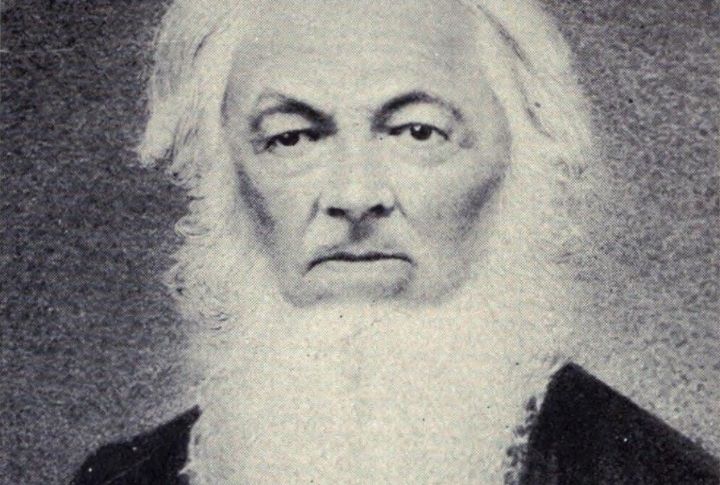
In 1817, Don Francisco de Paula Marín introduced coffee plants to Hawaii, but his efforts didn’t yield success. It wasn’t until 1828, when Samuel Ruggles planted coffee in Kona’s fertile volcanic soil, that the seeds of Hawaii’s coffee legacy truly took root and flourished.
How Kona Coffee Earned Its Global Reputation
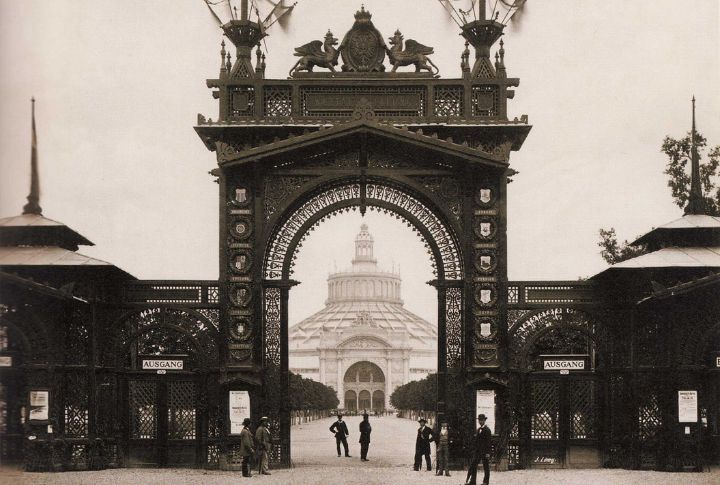
Kona coffee dazzled judges at the Vienna World’s Fair in 1873, earning a global spotlight. Known for its velvety body and vibrant acidity, this coffee stood out thanks to its ideal growing conditions. Even today, Kona’s reputation as “liquid gold” remains untarnished.
Unique Bean Varieties Exclusive To Hawaiian Farms
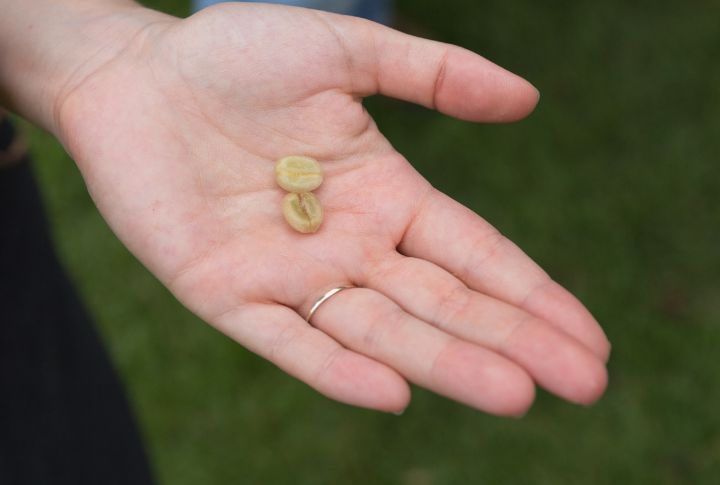
Hawaii is home to the Kona Typica bean, a local twist on Arabica. This variety thrives in the islands’ volcanic soils and produces a flavor that’s uniquely Hawaiian—bright, nutty, and floral. Experimentation with new hybrid beans ensures this exclusivity stays fresh and exciting.
The Role Of Volcanic Ash In Soil Fertility
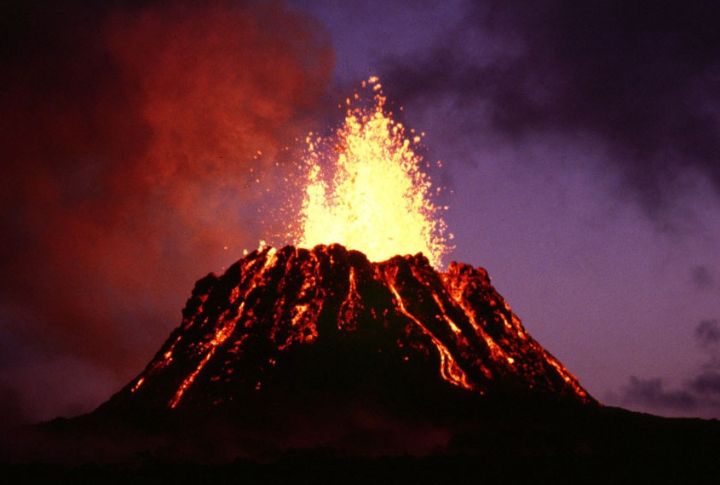
Volcanic ash is the secret sauce for Hawaii’s coffee. Filled with essential nutrients like potassium and magnesium, it nourishes the soil and creates ideal growing conditions. It’s nature’s version of a gourmet seasoning, crafting coffee flavors you won’t find elsewhere.
How Microclimates Differ Across The Islands
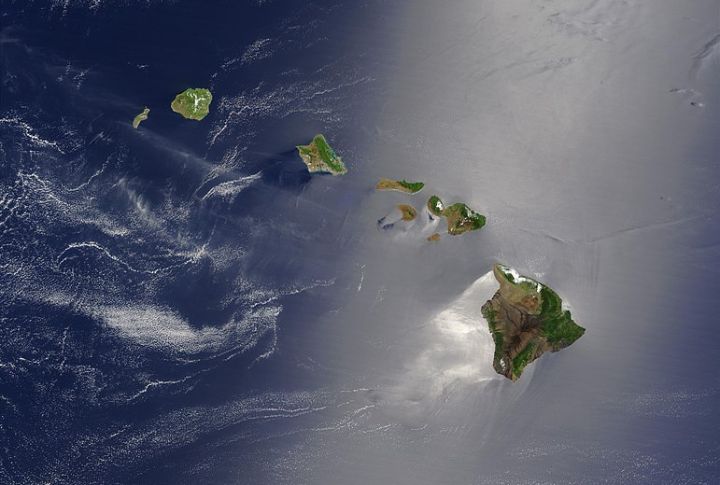
Hawaiian coffee isn’t a one-flavor wonder. Each island offers its own microclimate—Kona’s sunny mornings and rainy afternoons contrast with Maui’s drier, breezy conditions. Even Molokai, with its semi-arid climate, produces beans with bold, earthy tones. No two cups are the same.
Traditional Vs. Modern Farming Techniques In Hawaii
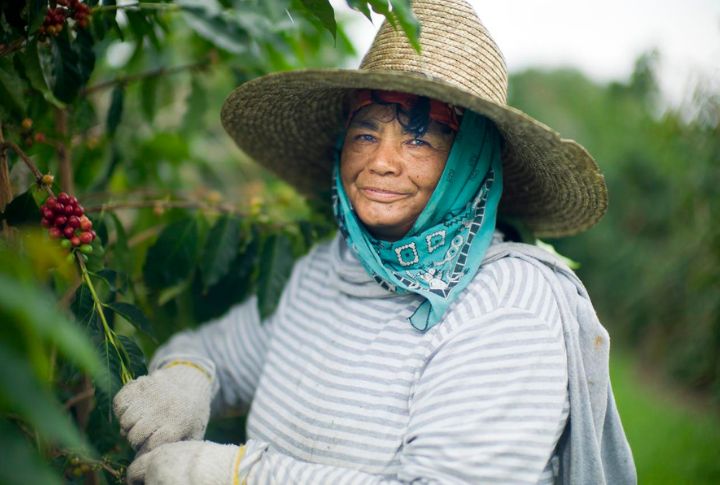
Hand-picking ripe cherries is an age-old Hawaiian tradition that ensures quality, but modern drip irrigation systems now boost efficiency. For example, systems like Netafim conserve water while delivering nutrients directly to the roots. This harmony of tradition and technology elevates Hawaii’s coffee game.
The Impact Of Hawaii’s Small-Scale Farms On Quality
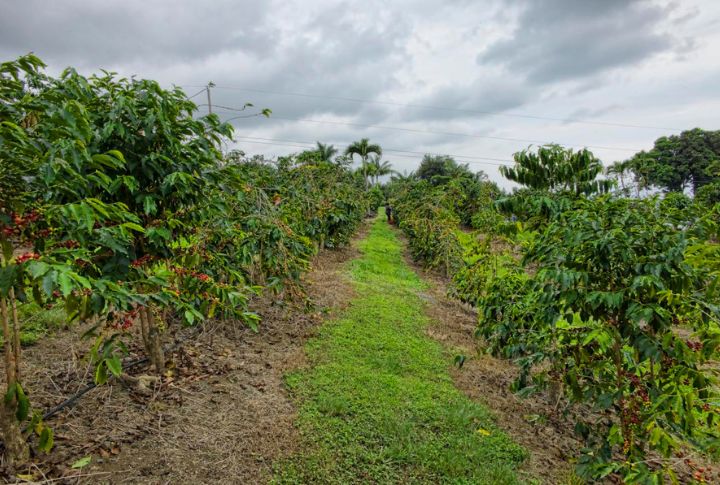
In Hawaii, coffee farms are boutique operations. Greenwell Farms, established in 1850, remains family-owned and renowned for its premium beans. Their hands-on approach means every bean is nurtured with care. The result? Coffee that’s rich, personal, and utterly unforgettable.
How Hawaii’s Geography Creates Pest Control Challenges

Hawaii’s isolation doesn’t shield it from pests like the coffee berry borer. These invasive beetles wreak havoc on crops and force farmers to innovate with biological controls and meticulous farm management. It’s a battle that keeps Hawaiian coffee farmers on their toes.
Why Kona Coffee Is One Of The Most Expensive In The World
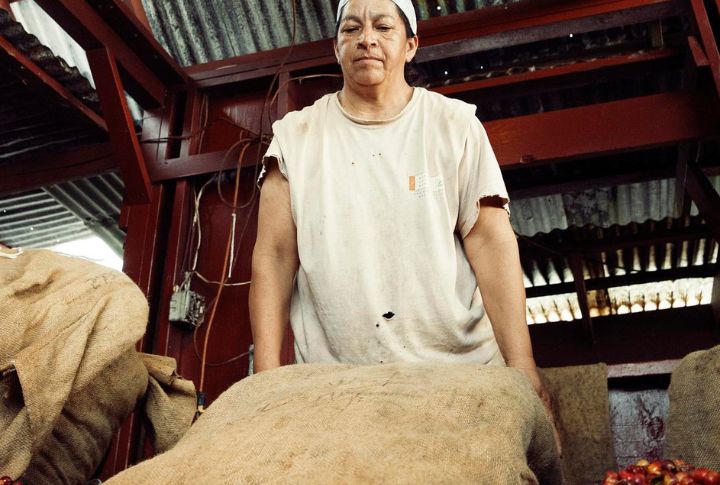
Kona coffee commands a premium price because it’s labor-intensive and exclusive. Farmers harvest by hand, and only beans grown in the Kona Coffee Belt qualify. With less than 1% of global coffee production, it’s no wonder a pound can cost over $50.
The Cultural Significance Of Coffee Farming
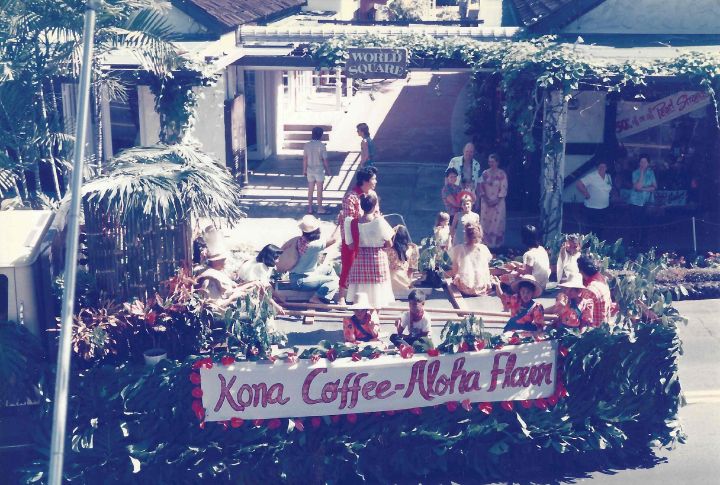
The annual Kona Coffee Cultural Festival celebrates Hawaii’s coffee heritage with tastings, parades, and farm tours. Established in 1970, it draws thousands of visitors every year. This vibrant event honors farmers while showcasing Hawaii’s rich coffee culture to the world.
